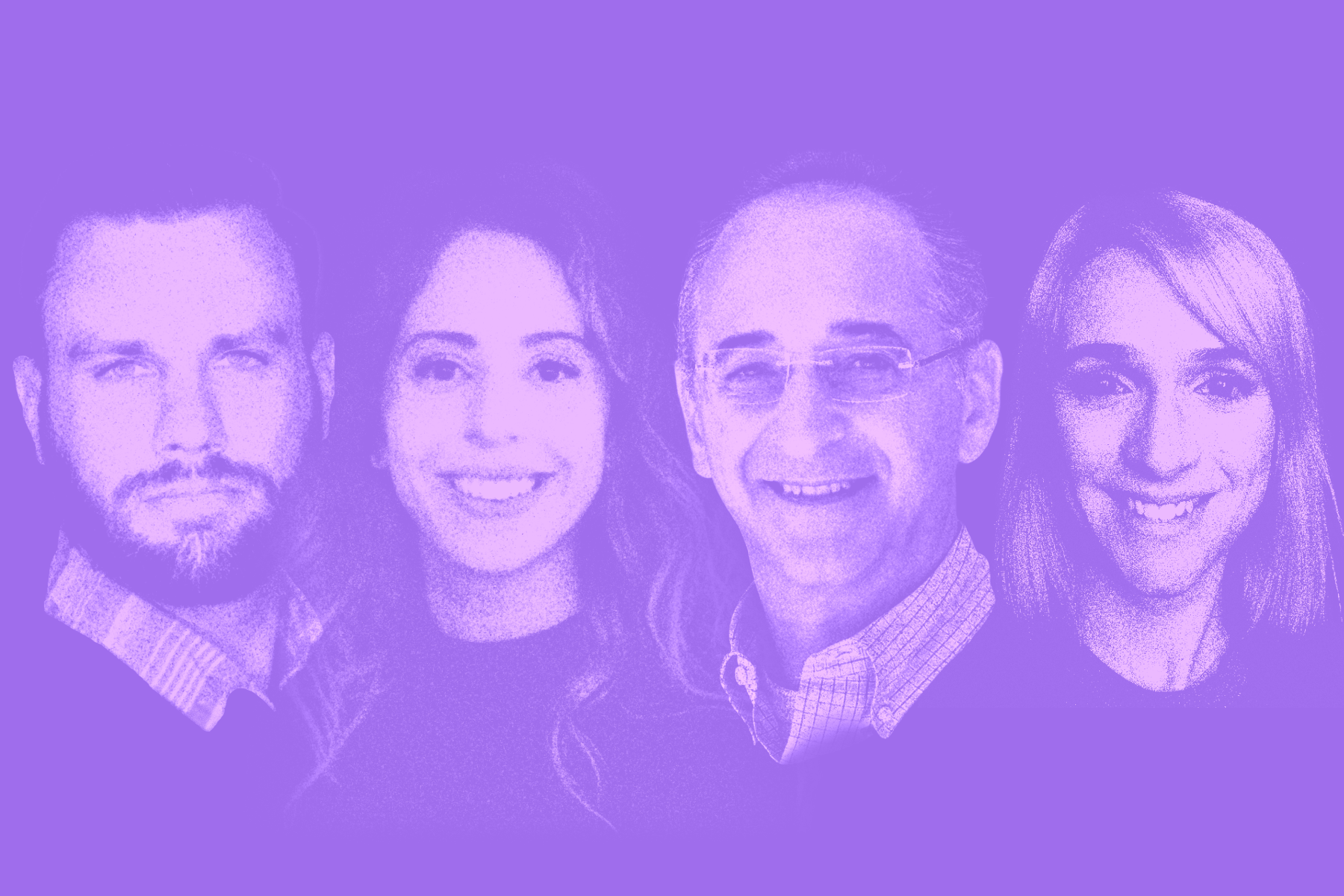Welcome to the inaugural Inside Klara series, coming to you from the people who work Inside the Klara HQ. We want to share with you our experiences related to what we do here at Klara, and why we chose to make a difference by joining this awesome team. Get ready to see inside Klara. Without further adieu -
Why I dread my next hospitalization
By: Operations and Technology Consultant, Laurens Spethmann
This one may seem obvious; no one likes going to the hospital. But my reasons might not be what you expect:
Accidents Happen
In the harsh Boston “Snowmageddon” winter of 2015, I was hit by a truck as a pedestrian on a busy street corner during rush hour. I was picked up by an ambulance that quickly took me to Beth Israel Deaconess Medical Center, where I was treated by their excellent Orthopaedic Trauma and Vascular Surgery teams. The surgical treatment was phenomenal and my in-hospital experience could not have been better.
Diagnosis: Compound fracture to the lower Tibia, distal Fibula fracture as well as a torn artery on top of your average cuts and bruises. Rehospitalization for postoperative infection.
Treatment: 4 surgeries over 18 months, aggressive antibiotic therapy, months of physical therapy, 3 months of crutches.
Becoming My Own Administrative Assistant
This was all to be expected. What I didn’t know was that despite a home care agency and physical therapist who visited while I was housebound and recurring deliveries of medical supplies, I was more or less left entirely to my own devices for care coordination:
- When I got splitting headaches from the rapid change in pain medication and dosage going home, I had to call the hospital and wait on hold until one of the 12 residents working with my attending surgeon was available. I then waited another 15 minutes while they asked questions that could have been answered by proper documentation in my chart or simply documenting prior conversations properly.
- My physical therapists at Boston U weren’t connected to my Doctors at BI and had trouble getting anyone with knowledge of my case on the phone to coordinate care. Ergo: I had to go spend time on the phone and ask them myself or wait until I went in for follow up.
- Going for follow-up in-person was fine to answer my questions, but I constantly had to take notes and have doctors spell terms for me because I knew I would forget the instructions after leaving. My sick notes for college, medication instructions and referral scripts were all in paper.
- Going back home to Germany after college I had to request my medical records 3 times from some clerk (to no avail…) in paper (!) to be able to explain to my doctors at home how I had been treated.
Frustrations Despite Quality Care
Why wasn’t there a central place where I could put my teams from Boston University, BI Infectious Diseases and BI Orthopedic Trauma in one place to communicate?
Why was I receiving all my instructions in paper? It was 2015 and I had no alternative of reaching my doctor or other medical providers other than the phone.
First things first: This isn’t malpractice, this isn’t a reason to sue and this certainly isn’t a story of incompetency.
My story is one of an outdated health care system that relies on patients to be their own care coordinators, note takers and advocates in order to achieve good outcomes. A health care system that has entirely fallen behind consumers in how they communicate and interact with services in their daily life. Back then, phones were already no longer the main communication medium used in the US.
Seeing the Vision
My story is one of the main reasons why I joined Klara. Klara is solving this problem by harnessing the power of secure, convenient message-based communication to waste less time, and ensure proper documentation and coordination for medical teams and patients.
It is predicted that the next five years will be a period of rapid change within the healthcare industry. Secure messaging is well on its way to becoming the answer to burnout, time wasted, revenue stagnation and—as per my story—frustrating patient experiences.










